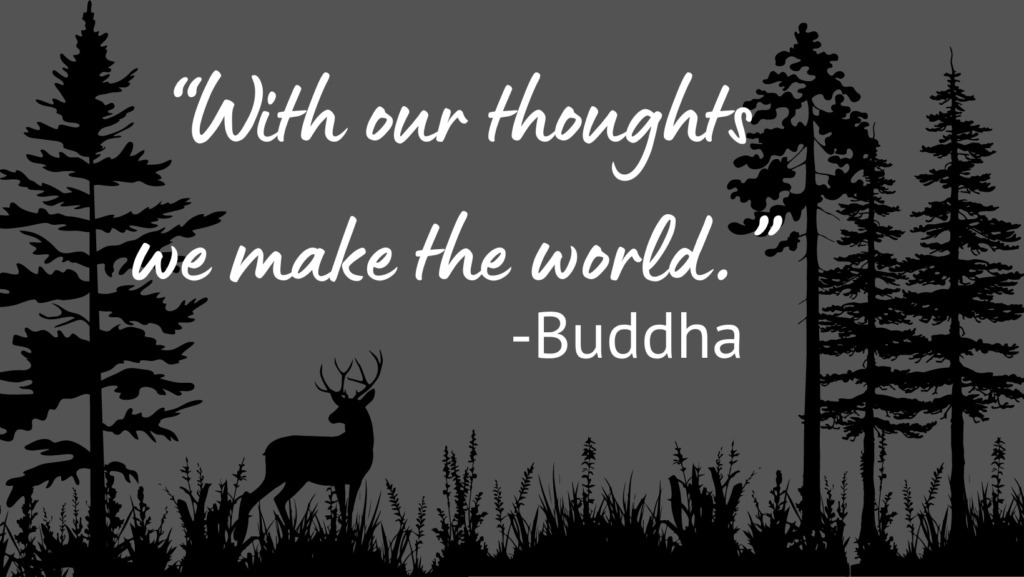
Rewriting Your Reality: The Impact of Language on Your Life
Get the Guide
A simple, encouraging guide to help parents confidently transition into homeschooling, build a customized learning rhythm, and create a thriving educational experience at home.
Homeschooling 101 Starter Guide
Family
FAVE LINKS
Topics
Hi, I’m Jennifer — transformation coach, homeschooling mentor, and guide for parents ready to create a life that truly fits. I help you break through fear, align with your values, and confidently design both your child’s education and your own bold, authentic life.

In the beginning was the Word…
Whether you take this verse literally or not, I urge you to consider its profound truth.
Language is the foundation of our reality.
We, as a society, celebrate with great fanfare when a child utters their first clear word. Whether it’s “mama,” “dada,” or, as in my sister’s case (thanks to the influence of my uncles), “sh!+”—we react with joy or astonishment as this cherished moment unfolds.
Instinctively, we recognize that this milestone marks a dramatic shift in the individual’s life.
It enables them to demand a popsicle or, later on, to ask for a hand in marriage.
But the power of language doesn’t stop there.
Our language shapes our very existence, manifesting itself in both verbal and thought-based expressions.
“The individual’s whole experience is built on the plan of his language.”
— Henri Delacroix
Was this a divine plan, ensuring that we all wield great power with the words we speak? That’s for each of us to decide.
My dear friend Jesse certainly thinks so.
When I began working with her using PSYCH-K®️, she had just escaped an abusive marriage and was relocating across the country with her children.
Her ex-husband’s legal troubles made the move easier, but it was still a leap into the unknown.
Having lived in the area before, Jesse had friends who offered support.
Throughout that time, she consistently expressed gratitude to God for guiding her out of her dire situation.
She used her language to affirm that she was being supported and that everything she needed would appear at the right time.
And it did—Every. Single. Time. Whether it was a car gifted by a friend or a new place to live, her needs were always met.
She transformed her life from fleeing an abusive situation with nothing to closing million-dollar deals as a realtor, all within just a few short years.
Witnessing her journey has been one of the most inspiring experiences of my life, and the lessons I’ve learned are only now coming into full clarity.
How the Brain Works
The words we use in our daily language profoundly affect our ability to create the lives we desire.
If we say, “I’m lazy” or “I’m a procrastinator,” how can we expect to summon the energy needed to create change in our lives?
These messages seep into our subconscious mind, sabotaging our goals.
Language is a key contributor to the formation of our emotions, making it crucial to our overall emotional well-being.
By choosing to use language either negatively or positively, we shape our perspective.
The Reticular Activating System (RAS) in the brain functions like a filter. It helps us focus on important information and ignore the irrelevant.
It sorts through everything we see, hear, and feel, deciding what’s significant and what isn’t.
Imagine it as a personal assistant for your brain, spotlighting things you should pay attention to and filtering out the rest.
Here’s how it works with language: if you frequently talk and think about positive goals, your RAS highlights related information and opportunities.
Conversely, if you often use negative or pessimistic words, your RAS becomes more attuned to negative events happening around you.
In essence, the language you use programs your RAS to focus on certain aspects of your environment that align with your thoughts and words.

Changing Language, Changing Results
We have the power to change our lives by choosing more optimistic, positive words. Here are a few ways to do just that:
1. Awareness and Pause: Start by becoming aware of your internal dialogue. Notice when you use negative self-talk. Pause and reflect on these moments—this awareness is the first step toward change.
2. Reframe Negative Thoughts: When you catch yourself thinking negatively, try to reframe the thought in a positive or neutral way. For example, instead of thinking, “I can’t do this,” reframe it to, “This is challenging, but I can make an effort.”
3. Positive Affirmations: Create a list of positive affirmations that resonate with you. Repeat these affirmations daily, especially during moments of self-doubt or negativity. Phrases like “I am capable” or “I am learning and growing” can be powerful.
4. Gratitude Practice: Incorporate a daily gratitude practice. Each day, write down three things you are grateful for. This helps shift your focus from negative to positive aspects of your life.
5. Surround Yourself with Positivity: Engage with positive content and surround yourself with people who have a positive outlook. Their language and attitude can influence and inspire you.
6. Mindfulness and Meditation: Practice mindfulness or meditation to stay present and reduce negative thinking. This can help you gain control over your thoughts and emotions.
7. Change Underlying Beliefs: Use a modality such as PSYCH-K®️ to change beliefs that lead to negative language and alter perspectives that foster a glass-half-empty mentality.
Language has a profound impact on health, relationships, and performance. Knowing this, I encourage you to pause and evaluate your language choices.
Are your words supporting you in creating the life, relationships, and health you desire? If not, consider making a change today.
If you’re curious about how PSYCH-K®️ can help you make the shifts you seek easily, feel free to explore more on my website HERE or contact me directly.
Take care,
Jennifer
p.s. Stay ahead of the game and join our community! Sign up for our weekly newsletter HERE to get exclusive insights, tips, and strategies right in your inbox. Don’t miss out on the chance to elevate your journey every week.
Michigan Life Coaching, Personal Growth, and PSYCH-K®️. Taking your life to the next level and creating the abundance you deserve.
Productivity
Homeschooling
authenticity
intuition
BeLIEF CHANGE
Browse the categories
JenniferBeard.com 2025. All Rights Reserved.
17195 Silver Lake Parkway #136 Fenton, MI 48430 | PRIVACY | TERMS
Hi, I’m Jennifer — transformation coach, homeschooling mentor, and guide for those who are ready to create a life that truly fits. I help you break through fear, align with your values, and confidently design both your child’s education and your own bold, authentic life.
HAPPINESS STARTS
WITH YOU!
Get this practical guide for living a life of joy now!
Start homeschooling confidently
Get the homeschool guide
Check out our private coaching



Comments Off on Rewriting Your Reality: The Impact of Language on Your Life